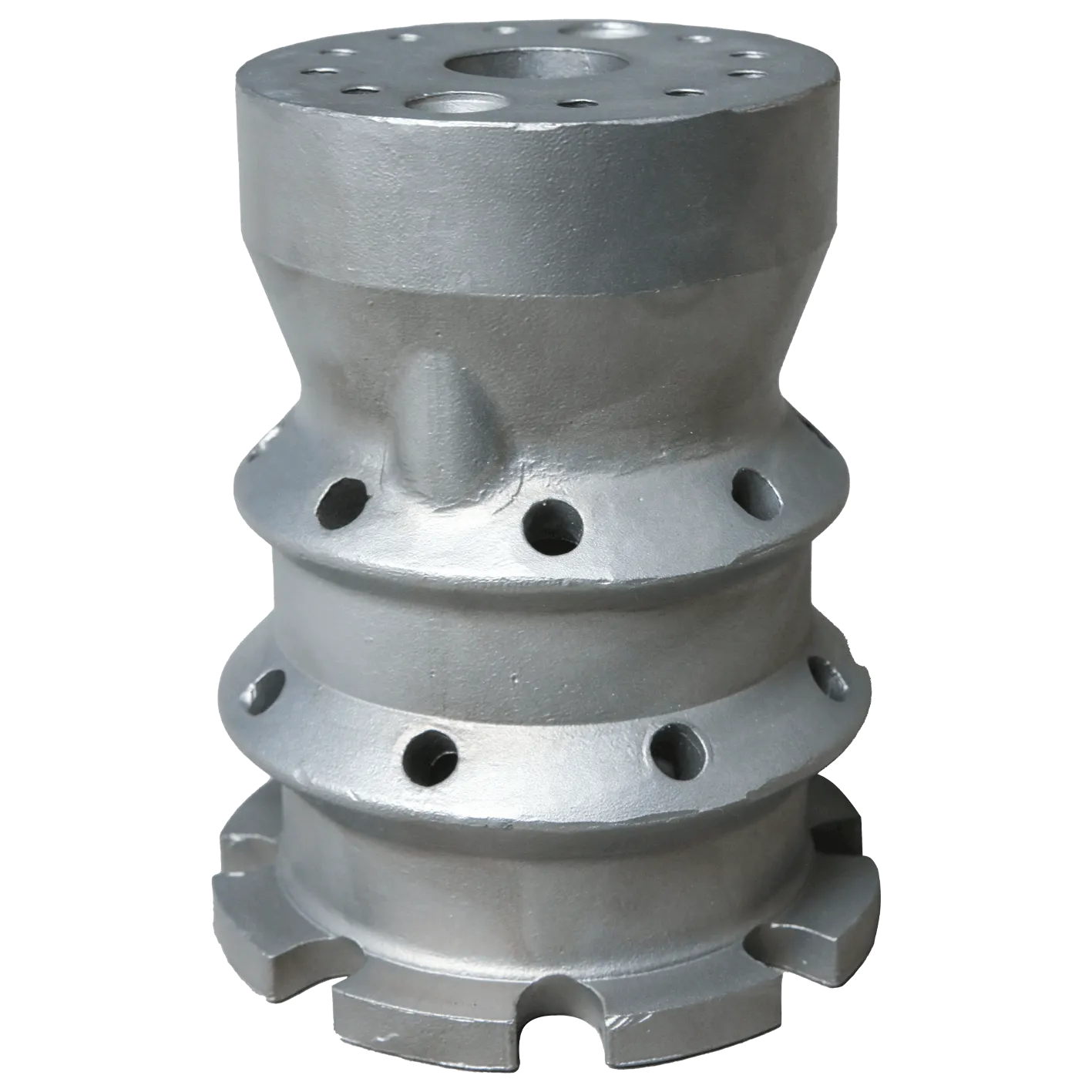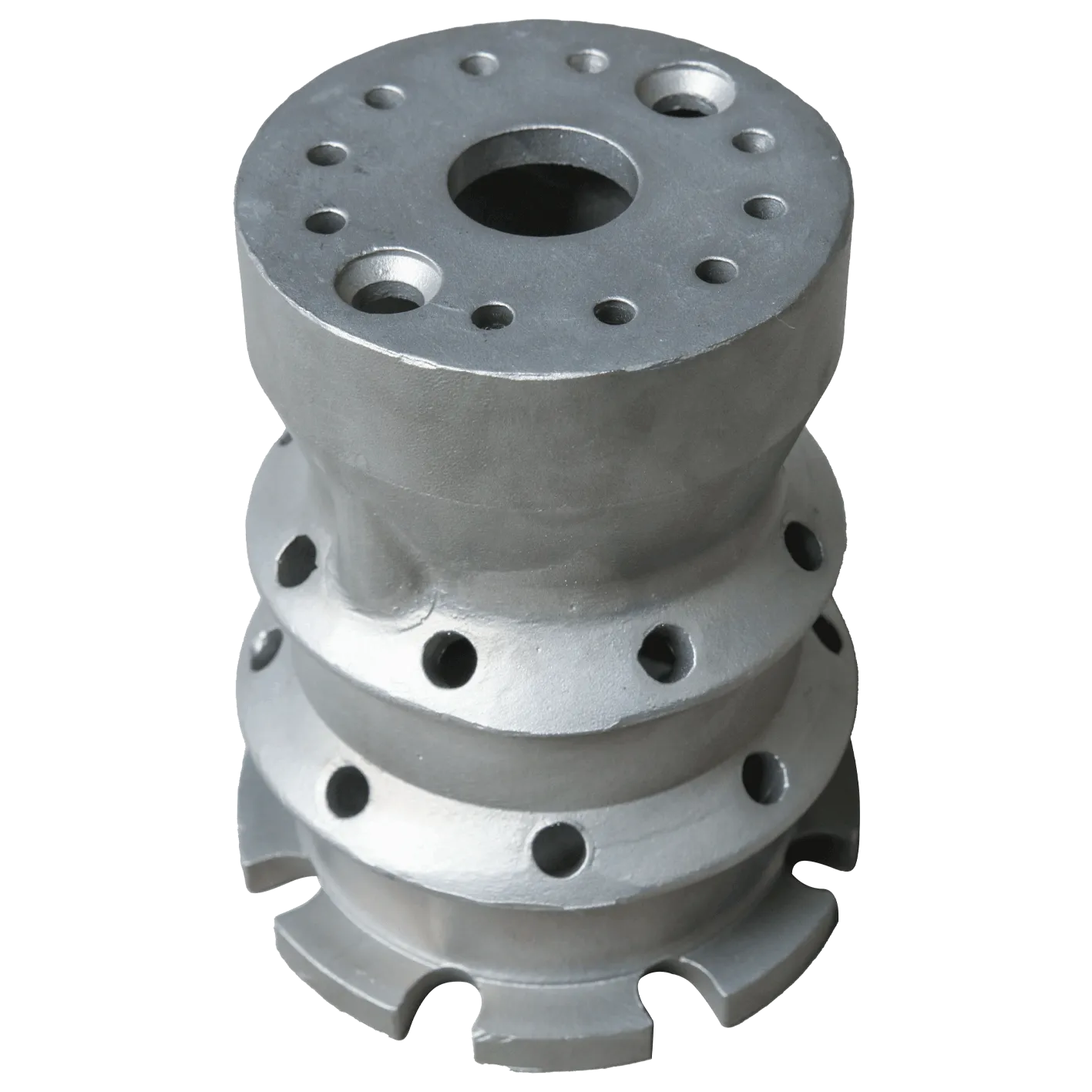Mobile:+86-311-808-126-83
E-mail:info@ydcastings.com
Need Metal Castings with Precision, Strength, and Speed?
Reflux Sleeve: Notes from the Floor on Modern Stainless Investment Casting
If you’ve been around foundries lately, you’ll know how fast fusioni di metalli have moved from “black art” to data-driven science. I still remember wax rooms that felt more like alchemy labs. Today, simulation, tighter process windows, and lean cells are the norm. And yes—some things still come down to the hands that pour.
The Reflux sleeve from YD Castings is a tidy example. It’s a stainless part (304/316) produced by silicone precision casting, in the 0.5–10 kg range—a useful window for pump and valve folks who need repeatable geometry and clean surfaces. Origin, for those who care about traceability: No.563 Xinhua Road, Shijiazhuang City, Hebei Province, P.R. China. 050051. I’ve visited similar streets; the workshop rhythm is unmistakable.

What’s changing in fusioni di metalli
- Digital solidification modeling trims trial pours and reduces shrink defects.
- Silica-sol/silicone precision processes deliver CT6–CT7 tolerances (ISO 8062) in real-world runs.
- More end-users now ask for EN 10204 3.1 certs, dye-penetrant (ASTM E165) and 100% visual per MSS-SP-55.
- Food/chemical clients favor 316 (CF8M) with passivation per ASTM A967. Not glamorous, but it works.
Product snapshot
| Item | Details (≈ indicates typical) |
|---|---|
| Nome | Reflux sleeve |
| Material | 304 (CF8) / 316 (CF8M), per ASTM A351/A743 |
| Process | Silicone precision (investment) casting + solution anneal + passivation |
| Unit weight | 0.5–10 kg |
| Dimensional tolerance | ISO 8062 CT6–CT7 (≈ ±0.3–0.6 mm, size dependent) |
| Surface roughness | Ra ≈ 3.2–6.3 µm after blast; finer with polish |
| Certifications | ISO 9001; EN 10204 3.1 material certs; RoHS upon request |
Where it’s used (and why it lasts)
Typical duty: fluid control assemblies, reflux loops in pump/valve manifolds, chemical lines, food-grade transfer, even pharma skids (with proper finish). Service life? Customers report 5–10 years in neutral media; chlorides and high temperature shorten that, as expected. Choose 316 for aggressive chemistry; 304 is fine for mild service. Honestly, many customers say downtime reduction is the real win—dimensions that fit, every time.

Process flow (the short version)
- DFM review and gating simulation; agree CT targets and critical-to-quality features.
- Wax tooling, pattern inspection (ISO 8062), ceramic shell build, dewax.
- Pour 304/316 per ASTM A351; control chemistry via OES; solution anneal.
- Gate removal, shot-blast, passivation (ASTM A967), optional polish.
- Testing: visual (MSS-SP-55), DPI (ASTM E165), hardness (ISO 6508), tensile coupons (ASTM A370, as needed).
- Docs: heat traceability, 3.1 certs, final dimensional report.
Vendor comparison (real-world signals)
| Vendor | Lead time | Certs | Tolerance | Traceability |
|---|---|---|---|---|
| YD Castings (origin: Shijiazhuang) | Tooling 2–4 wks; PPAP-like sample ≈ 2 wks; mass 3–5 wks | ISO 9001, EN 10204 3.1, DPI per ASTM E165 | CT6–CT7 typical | Heat-to-casting mapping; MTRs |
| Generic Foundry B | 6–10 wks | ISO 9001 | CT7–CT8 | Partial heat traceability |
| Broker C | Varies (≈ 8–12 wks) | Depends on source | CT7–CT9 | Mixed documentation |
Field notes and a quick case
A coastal chemical plant swapped in 316 reflux sleeves for a brackish-water loop. After solution anneal and passivation, DPI showed zero relevant indications; hardness sat at ≈ 150–170 HB. After 18 months, they reported no leaks and stable torque on clamps—small win, big relief. It seems that when the geometry and metallurgy play nicely, maintenance teams sleep better.
Customization tips
- Call out media and temperature; it affects 304 vs 316 choice and passivation.
- Define datums for critical bores/faces; ask for a CT plan around them.
- Specify finish (Ra target) and testing gates early; it saves everyone time.
Authoritative citations
-
Materials Used in Manufacturing Cap End Pipe FittingsNotiziaNov.24,2025
-
Material Properties of CF8M CastingNotiziaNov.24,2025
-
How to Inspect Pump Cap Ends for DamageNotiziaNov.21,2025
-
Backward Curved Impeller – Efficient Airflow Solutions for Industry | YD CastingsNotiziaNov.21,2025
-
Automobile Water Pump - Efficient, Quiet, Durable & ElectricNotiziaNov.21,2025
-
Impeller for Pumps – High-Efficiency, Durable, OEM-ReadyNotiziaNov.21,2025











